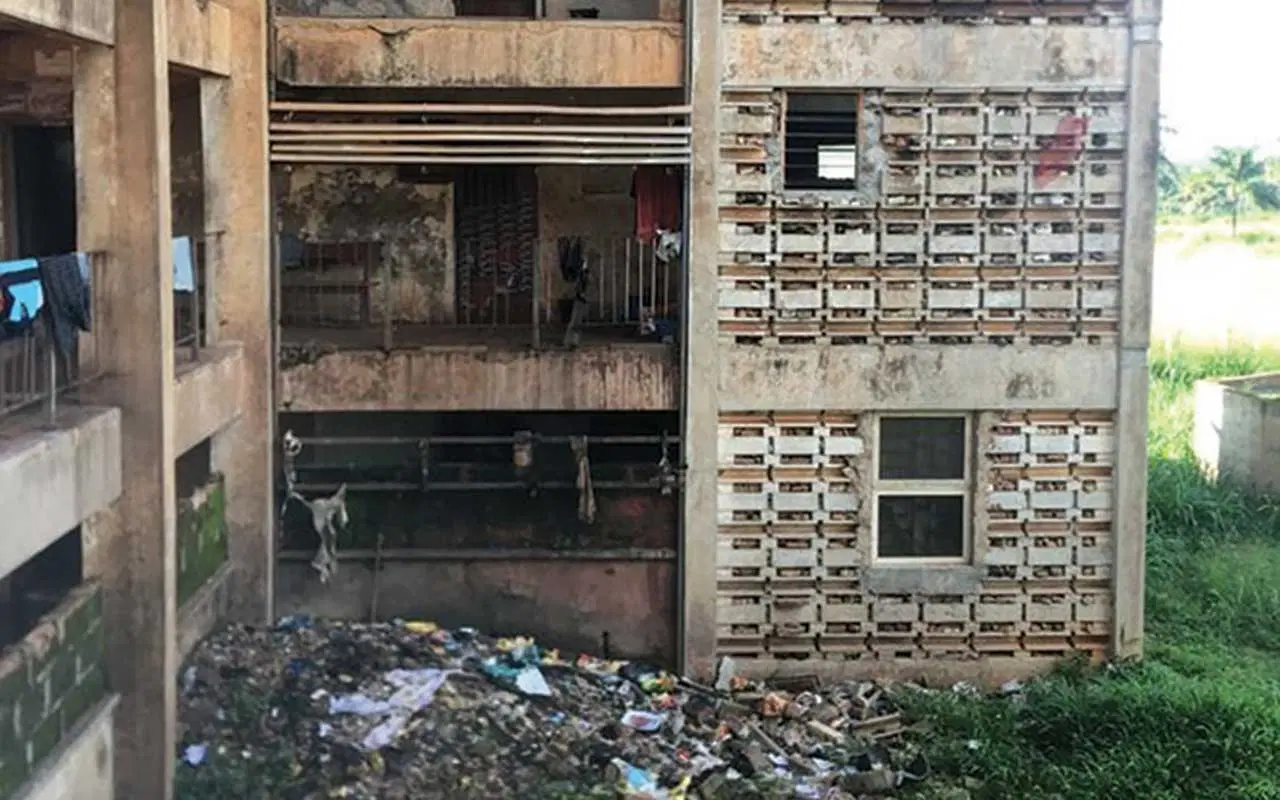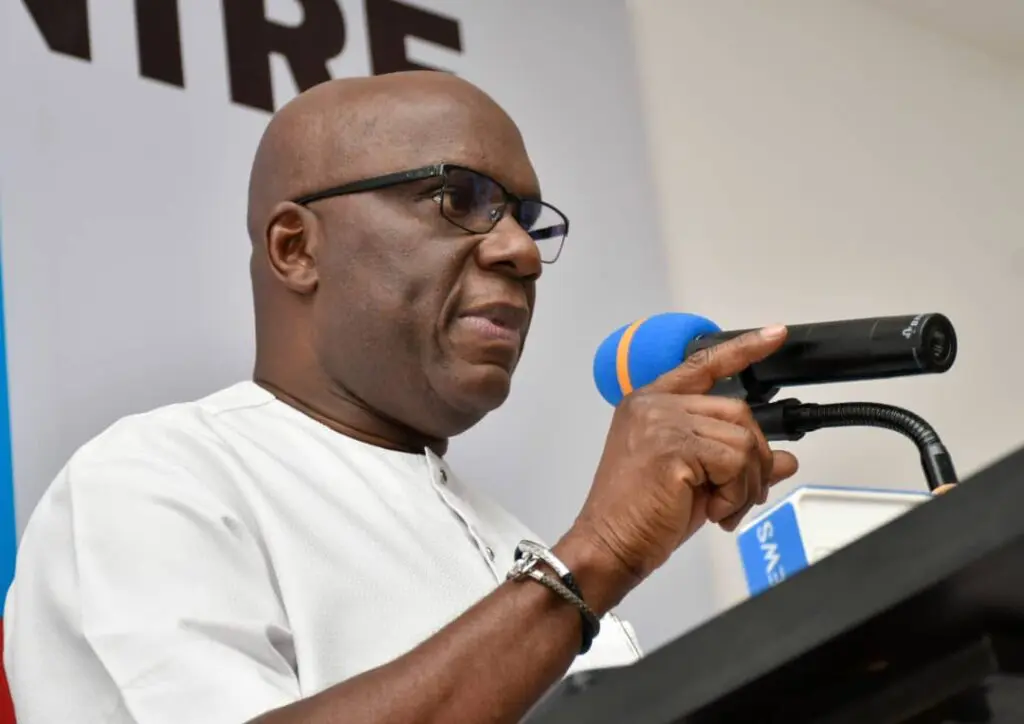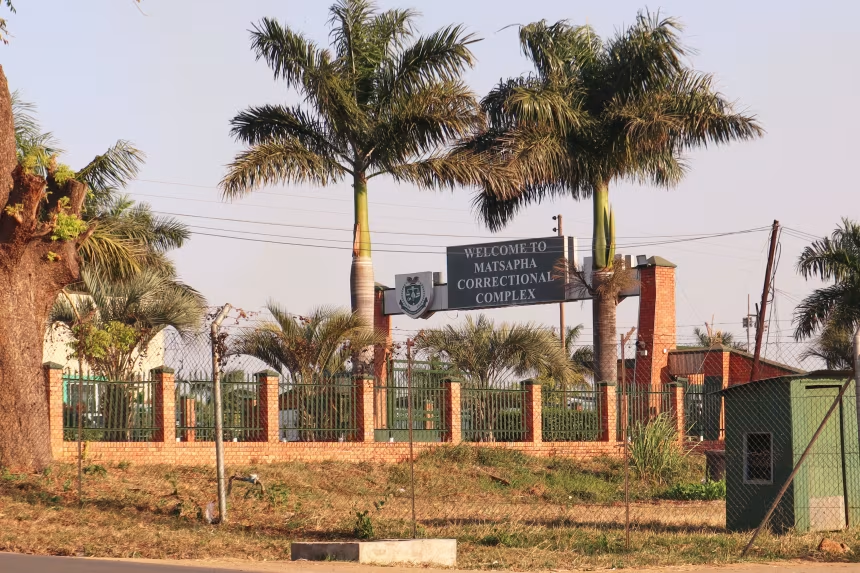Now Reading: Nigeria’s University Accommodation Crisis Deepens as Students, Parents Cry Out
-
01
Nigeria’s University Accommodation Crisis Deepens as Students, Parents Cry Out
Nigeria’s University Accommodation Crisis Deepens as Students, Parents Cry Out

The accommodation crisis rocking Nigerian universities has reached alarming levels, with students and parents lamenting the soaring cost of hostels and the stress of securing decent housing near campuses.
Across major cities such as Lagos, Abuja, and Ibadan, thousands of undergraduates are struggling to find affordable spaces, forcing many to squat with friends or commute long distances daily.
A Lagos-based journalist, identified simply as Bamidele, said he had underestimated the hardship of finding accommodation for his son, who recently gained admission into a university in the state.
“If I had considered the cost of accommodation and the stress associated with getting one, I would not have allowed my son to apply to any university in Lagos,” he said.
He added that while getting housing for his older son in Osun State had been relatively easy, searching for a room in Lagos had been “frustrating and discouraging.”
Another parent, Victor, said his experience was equally exhausting.
“One of the agents we contacted sent a voice note saying a single bed space costs ₦400,000 per year — and three people are expected to share the room. How does one raise such money with other family needs?” he lamented.
UNILAG students face worst of the crisis
At the University of Lagos (UNILAG), official hostel rates for the 2024/2025 academic session ranged from ₦80,000 to ₦100,000 across Akoka and Idi-Araba campuses.
However, the institution’s limited 8,000-bed capacity for over 40,000 students means the majority are left without on-campus accommodation, relying instead on costly private hostels or long commutes from home.
Private hostel operators have taken advantage of the shortage, hiking rents to levels many students and parents consider outrageous. Estate agents in nearby communities are also being accused of inflating prices and exploiting desperate students.
Government response and public-private solution
The Federal Government has acknowledged the accommodation shortfall and says it is exploring Public-Private Partnership (PPP) arrangements to expand hostel infrastructure across federal universities.
Education officials say the plan will encourage investors to build, operate, and maintain hostels under long-term agreements, while ensuring affordability and safety standards for students.
Despite the government’s assurances, students say the situation is already affecting their studies. Many complain that long hours spent commuting leave them exhausted and less productive academically.
“Sometimes, I spend four hours on the road daily. It’s affecting my lectures and my health,” said a UNILAG student who asked not to be named.
As the crisis worsens, parents and students are calling on the government to act swiftly to prevent homelessness from becoming a permanent feature of university life in Nigeria.




